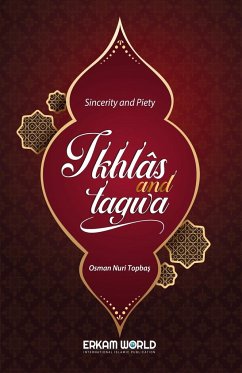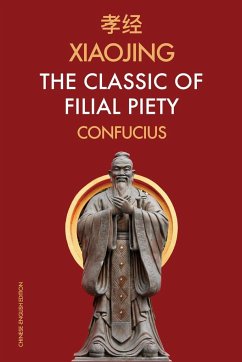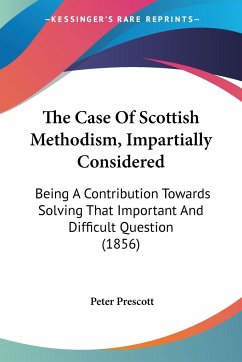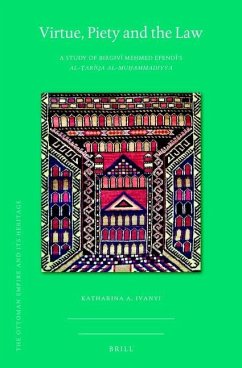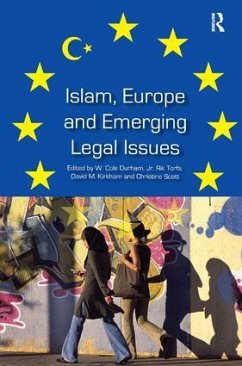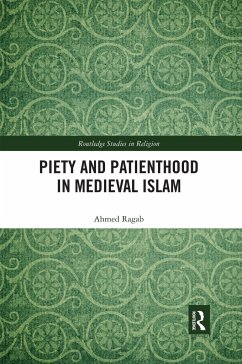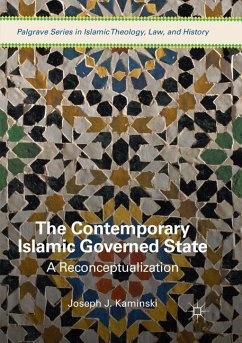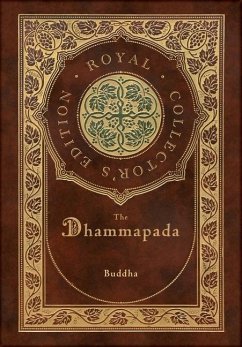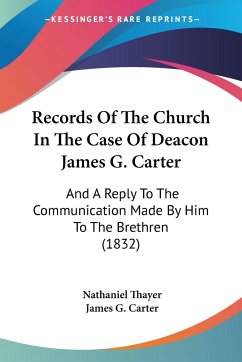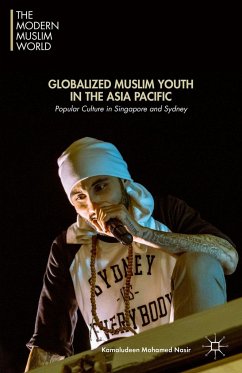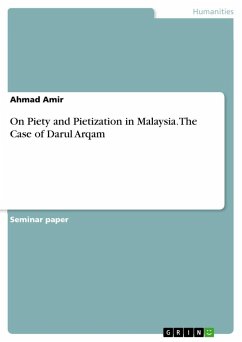
On Piety and Pietization in Malaysia. The Case of Darul Arqam
Versandkostenfrei!
Versandfertig in 1-2 Wochen
16,95 €
inkl. MwSt.

PAYBACK Punkte
0 °P sammeln!
Seminar paper from the year 2007 in the subject Theology - Islamic theology, The University of Malaya, language: English, abstract: The work presents controversial issues surrounding the Darul Arqam movement in Malaysia. Despite their group being banned from active participation and propagation of the so-called Islamic teaching in Malaysia, their ideas and doctrine has brought unceasing debates that need to be clarified in our understanding of the nature of their ideology and some aspects of religious piety and pietization they exemplified, that espoused for and contributed to new trends of pi...
Seminar paper from the year 2007 in the subject Theology - Islamic theology, The University of Malaya, language: English, abstract: The work presents controversial issues surrounding the Darul Arqam movement in Malaysia. Despite their group being banned from active participation and propagation of the so-called Islamic teaching in Malaysia, their ideas and doctrine has brought unceasing debates that need to be clarified in our understanding of the nature of their ideology and some aspects of religious piety and pietization they exemplified, that espoused for and contributed to new trends of piety in Southeast Asia. This book presents the heretical teaching and ideas of Darul Arqam. It shed lights into the context of its development by highlighting the early phase of the historical development of Islamic movement in Malaysia since the colonial era. This was projected from two crucial and overlapping aspects; the reform movement which brought national awareness and renewed aspiration for tajdid as well as the influence of anti-colonial movements and underlying impact of political Islam embedded in the Malay archipelago. Towards this aim, it describes the impact of Islamic movement in Malaysia in fostering religious consciousness and reassertion of its dynamic spirit in broad socio-cultural and socio-political context, as clearly articulated by Muhammad Kamal Hassan in his article that traced their historical emergence and significance in the socio-political landscape of Malaysia. In Malaysia and Indonesia, Muslim youth organizations have been asserting their Islamic identity in different ways since the world-wide resurgence of Islamic consciousness in the 1970s, against a background of two contrasting political contexts. The context in Malaysia offers a striking contrast to that of Indonesia. The decade of the 1970s in Malaysia coincided with the rise of the däwa (Islamic proselytization) phenomenon, marked by the mushrooming of private Muslim organizations for the purpose of spreading the message of Islam to Muslims and non-Muslims alike. In the early 1970s three important nation-wide organizations arose ¿ the Darul Arqam, the Jamiah Tabligh, and ABIM (Angkatan Belia Islam Malaysia, Islamic Youth Movement of Malaysia).



